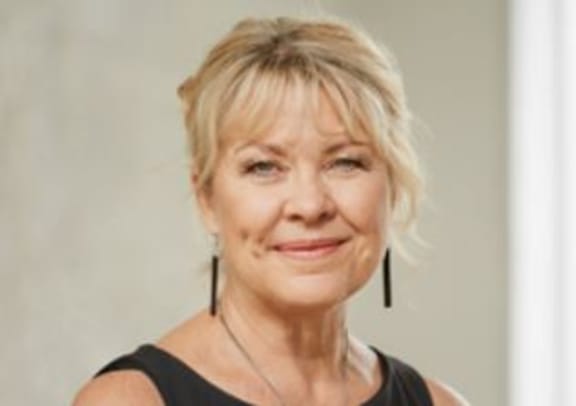Victims' advocates are calling for sexual violence courts to be funded nation-wide after a two-year trial found they cut wait times and were less traumatic for complainants.

A sexual violence court pilot dealt with cases faster and did a better job of not re-traumatising victims. Photo: ikiryo/123RF
An evaluation released today showed the pilot had successfully brought cases to trial a third faster than the average wait time of about two years elsewhere.
Specialist sexual violence courts in Auckland and Whangarei are here to stay, after proving they dealt with cases faster and did a better job of not re-traumatising victims.
But the roll-out of more of these courts across the country depends on resources and funding.
Victims' advocate Louise Nicholas, a rape survivor herself, said there was an urgent need for more of the courts because justice delayed was justice denied - for everyone.
"By reading what the complainants who have been through the pilot have said it was extremely beneficial for the majority of them.
"But also hearing defence counsel saying that this is good not only for complainants but also for defendants," she said.
Ms Nicholas said the traditional court process could be traumatising for complainants of sexual violence.
"It's a system they didn't ask to be in, so if we can provide a safe environment for them to have to relive that trauma, I know that we don't have re-victimisation we have survivors holding their head high and feeling heard and believed, regardless of the outcome," she said.
Ms Nicholas said the specialist support provided in sexual violence courts helped victims to overcome the trauma.

Dr Kim McGregor. Photo: Justice Department
Dr Kim McGregor, the Chief Victims advisor to the government, agreed.
Her own survey had found 83 percent of victims felt unsafe during court proceedings.
"Complainants felt absolutely bullied and their character assassinated by the defence lawyers. We know that from decades of research in this area that for some victims being called a liar or promiscuous or that the complainant wanted the abuse to happen can ring in someone's ears almost for the rest of their lives," she said.
Dr McGregor said some victims had described cross examinations as more traumatising than the assault itself.
She hoped with a more supportive sexual violence court system, more victims would come forward.
"If victim complainants have more trust and confidence in the current criminal justice system there maybe more reporting.
"We believe that only about 10 out of 100 cases of sexual assault is likely to be reported to the police and of those 10 about three are about likely to get to court, and of those three about one and a half is likely to result in a conviction," said Dr McGregor.
Justice Minister Andrew Little said he was keen to see more sexual violence courts across the country, but it was a matter of finding the funding.
"We'll have to cue up with everyone else in terms of next budget rounds. But given what this report says about the impact, particularly for victims, but also for effective administration of justice, these courts have a positive contribution to make. It's just the sort of thing we want to see more of," he said.
Mr Little said traumatising court experiences could be the reason victims didn't complain, so a more supportive system was a good thing for justice.




